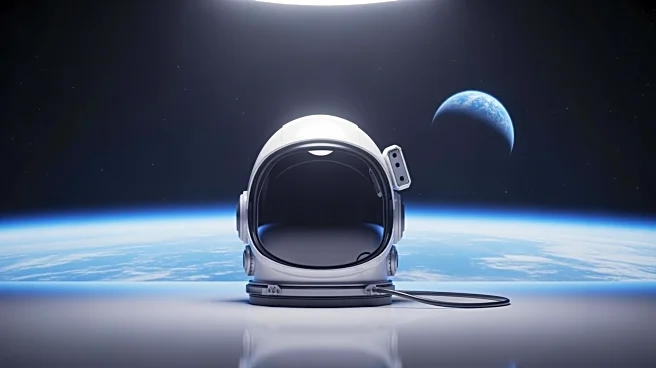What's Happening?
The International Space Station (ISS) is set to retire in 2030, concluding a 30-year mission that has been a symbol of international cooperation in space exploration. Since its inception in 2000, the ISS has hosted
continuous human presence and facilitated over 4,000 experiments, contributing to 4,400 research papers. Despite its achievements, the ISS has faced criticism for its high costs, with a $150 billion price tag and $3 billion annual maintenance. The station's scientific contributions have been seen as incremental rather than groundbreaking, leading to debates about its overall value. However, its legacy of fostering global collaboration in space research remains significant.
Why It's Important?
The retirement of the ISS marks a pivotal moment in space exploration, as it has been a cornerstone of international scientific collaboration. Its end raises questions about the future of space research and the role of international partnerships in advancing scientific knowledge. The ISS has been a platform for experiments that have expanded our understanding of space and human biology, and its absence will necessitate new strategies for conducting space research. The decision to retire the ISS also reflects broader shifts in space policy and funding priorities, with implications for future space missions and international cooperation.
What's Next?
As the ISS approaches its retirement, discussions about its replacement and the future of international space collaboration will intensify. New space stations and missions will need to be developed to continue the research and cooperation fostered by the ISS. The transition will require careful planning to ensure that the scientific and diplomatic gains achieved by the ISS are not lost. Stakeholders will need to consider how to balance the costs and benefits of future space endeavors, potentially leading to new models of collaboration and funding.









